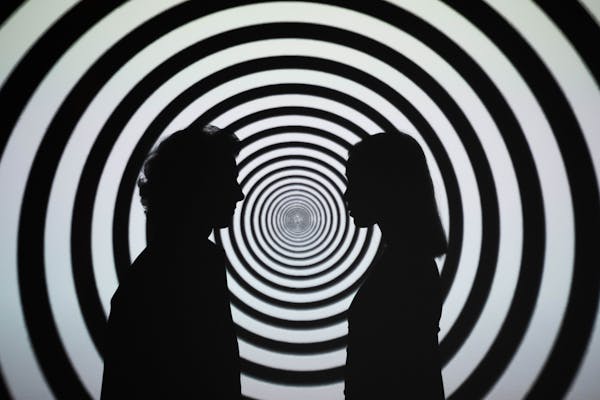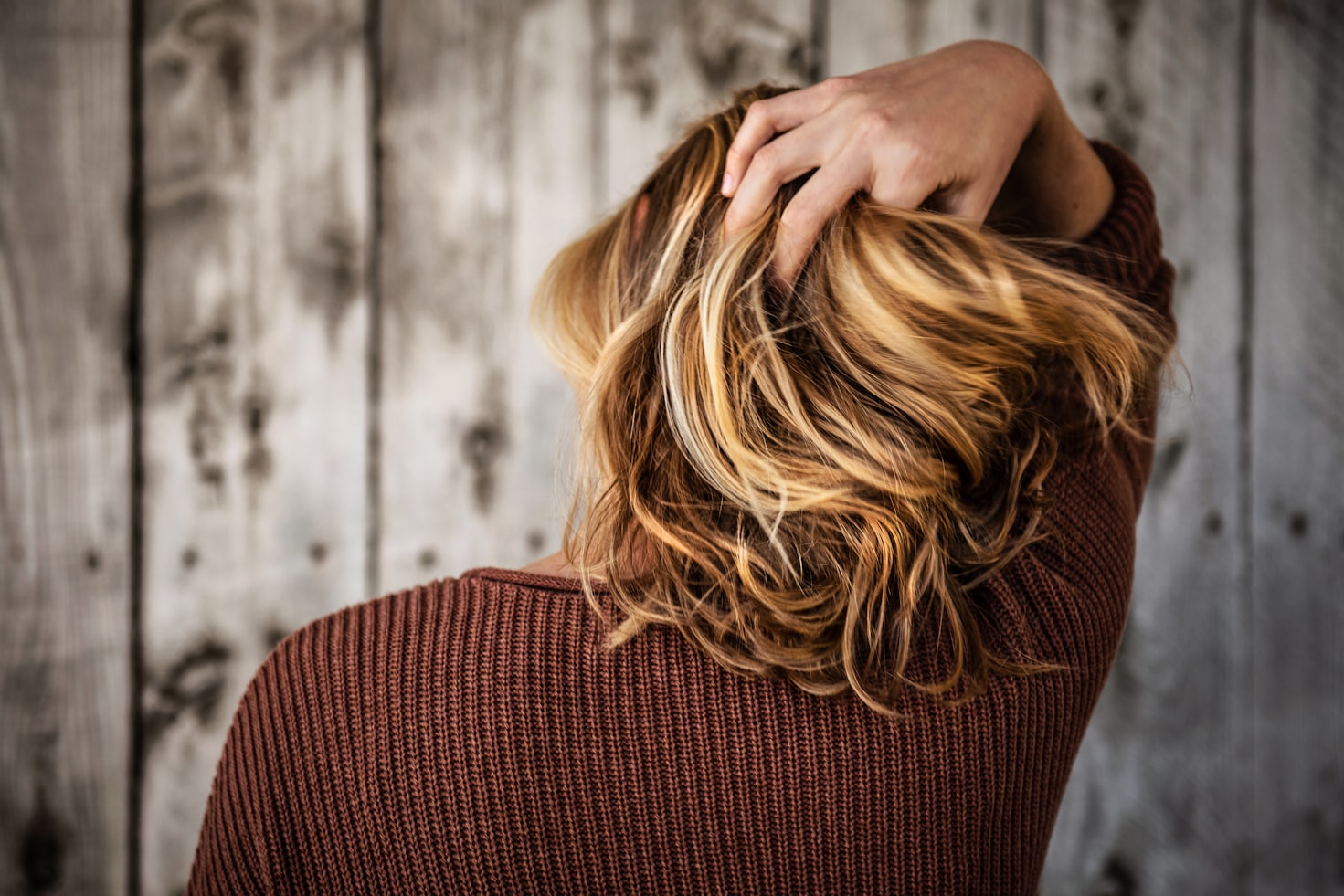
Hallucinations and delusions are the result of psychoses. Images that are speculative and originate from paranoia or skepticism are known as delusions. The other symptoms that can result from delusions are self-blame, self-importance, feeling hopeless, and being ill. When vision, smell, hearing, taste, and feeling are involved in an unusual or nonstandard experience it is called hallucination. For instance, this can be when a person sees or hears things that do not exist.
Anxiety, dementia, and delirium are disorders that happen in more mature individuals that are associated with psychoses. A chronic psychiatric disorder that is linked to hallucinations, scattered patterns of thinking, problems socializing, a loss of interest, and delusions is classified as schizophrenia. A multiple personality or a split personality is not schizophrenia. The usual reasons for psychoses have to be ruled out before schizophrenia can be diagnosed correctly.
Delusions and Schizophrenia
Paranoid delusions are one of the more usual signs of schizophrenia in the more mature individual. The individual who has paranoid delusions will have unjustified ideas that others are after them or are out to get their belongings. It is not paranoid to be concerned for your safety or to protect your belongings from theft but the well person will have good reason as the basis of these concerns.
Schizophrenia is associated with hallucinations and usually involves more than just one of the five senses. The results of these kinds of hallucinations can be strange accounts of someone pumping gas under the door, neighbors banging on the roof, and electrical shocks that come through the walls and into the person’s body.
These kinds of images will make the person very upset and frightened. A common delusion is that the food a person is eating is being poisoned. This leads to them being afraid to eat and eventually to health issues from a lack of nutrition. The person suffering may hide from family and friends because of their unfounded concerns.
Reasons of Hallucination
In the more mature individual, there are other reasons for hallucinations. One of the more frequent reasons is when the person suffers a severe reduction in vision. This means something worse than 20/60 affecting both eyes to cause visual hallucinations. The person affected may see things that are not there like animals, children, or even more complicated hallucinations like a movie scene that is very real to them.
Diseases like Parkinson’s and Charles Bonnet syndrome along with other brain malfunctions and stroke can cause hallucinations and delusions even if there are no psychiatric issues present in the person. Education and support are the better kinds of treatments with a very careful use of antipsychotic medicine.







